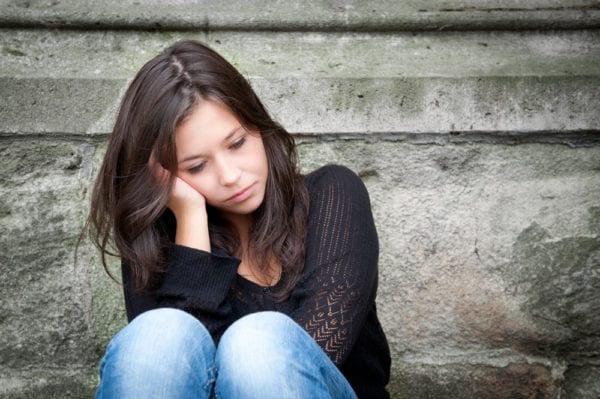Earlier this year, The ABC posed more than 500 questions to 54,000 Australians with the aim of exploring how everyday people conduct and think about their lives.
The questions explored how Australians were feeling and their overall mental health; including whether they felt lonely or loved and what would make them happier.
They explored how Australians were thinking, including intergenerational attitudes about wealth and wellbeing, whether political correctness had gone too far, and whether it’s okay to smack your children.
And they also examined attitudes toward some of the biggest social and political issues of our time, including climate change, racism, gender equality, poverty and unemployment.
It was in this set of questions that the fears of women greatly outweighed those of their male counterparts.
Indeed, across 26 different questions men feared only one thing more than women: the loss of traditional values.
Many of the results were not a close race either.
When asked whether gender equality remained an issue, 74 percent of women cited this to be the case, while 56 percent of men believed it wasn’t.
Correlating with this, two thirds of Australian women now categorise themselves as feminists, while only a third of men do the same.
In metropolitan Sydney, the rates of male feminists reassuringly soared with 61 percent of respondents identifying this way. While regional Western Australian presented as the worst place for feminism, with just 31 percent of men taking up the badge.
Perhaps unsurprisingly, younger people dominated here, with 63 percent of 18- to 24-year-olds identifying as feminists, while only 40 per cent of those older than 75 doing the same.
When it came to equal representation at work, men and women’s views were misaligned once more.
When asked whether workplaces should have as many women in leadership roles as men, 70 percent of women said yes, while only 44 percent of men agreed.
Men also felt more strongly (44 percent) that changing attitudes toward gender over recent years ‘had made life more difficult for men’. Only 27 percent of women viewed this the same.
Across the research, women were also shown to be significantly more concerned about issues like racism, treatment of Indigenous people, poverty, environment and immigration.


